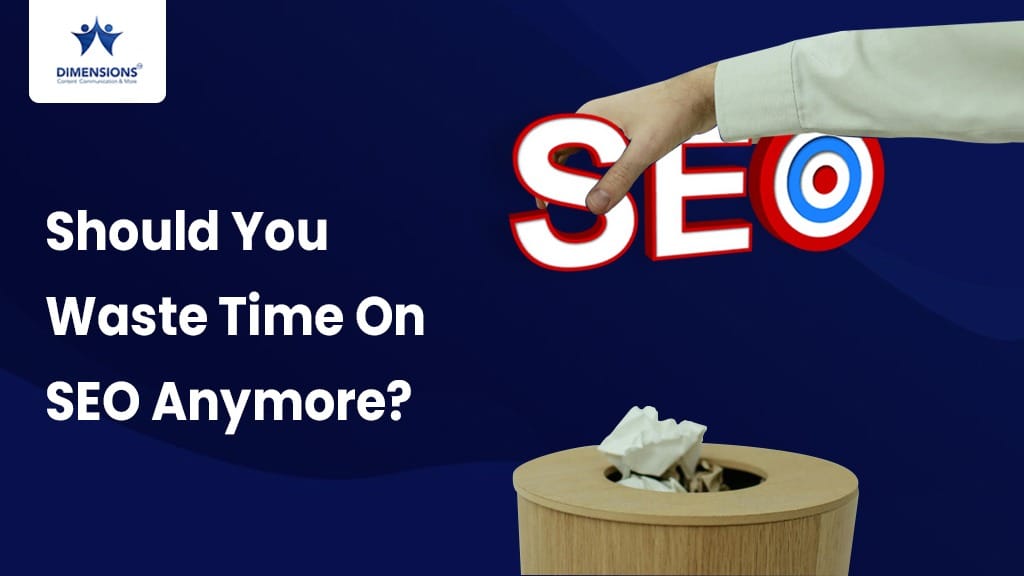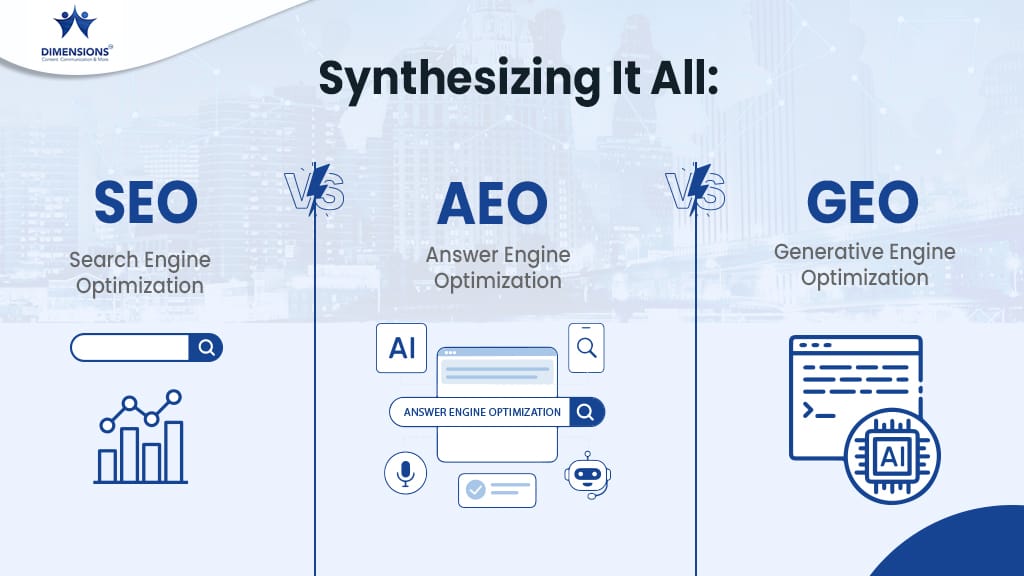Add Your Heading Text Here
Does SEO Work for D2C Brands? How to Create an SEO Strategy That Will Work for D2C Brands

The digital market is moving at breakneck speed and D2C brands are upending how products get from the shelf into consumers’ hands. With heritage models giving way to the breakneck pace of data-informed dynamics in the D2C model, SEO has emerged as a significant money driver and longer-term customer relation builder. Read on for how SEO is winning for D2C brands and how to structure an SEO program that speaks directly to the individual needs of the D2C model.
The Emergence of D2C Brands in a Digital Age
We will have an idea of the revolutionary change in the retail sector before proceeding to the SEO strategies. D2C brands are bypassing middlemen to provide products directly to consumers, with greater control over price, quality, and customer engagement.
- Growth Explosion:
D2C business model is expected to reach a $100 billion opportunity in 2025 and will grow with a high CAGR of 25 % over 2020-2025.
- Enhanced Customer Interaction:
By eliminating third parties, D2C brands can access first-party customer information, deliver hyper-personalised experiences, and innovate super-fast.
- Affordable and Versatile
With a digital-first approach, the brands can maintain pace with changing market trends rapidly and lower customer acquisition costs. With this shift in business model, the window is open for SEO to become a core pillar that fuels organic visibility and revenue growth.
How SEO Differs for D2C vs. Traditional Brand Sites
A good SEO strategy for a D2C brand is less convergent than for generic brand.com sites. Let’s have a look at these all-important differences with an introduction first before the nitty-gritty:
- Critical KPIs Change: While normal websites revolve around search visibility and organic traffic, D2C sites revolve around generating revenue.
- Revenue-Focused Metrics: SEO efforts are directly tied to conversion and revenue, not clicks.
- Secondary SEO Metrics: Traffic and search rankings are a critical part of revenue goals but not the only concern.
- Granular Approach Needed: D2C brands generally have several product lines or categories with a separate strategy.
- Category Segmentation: Each business line or product needs a separate analysis for SEO optimisation.
- Tailored Strategies: Product performance and consumer lifecycle-based customised SEO strategies are vital.
- Regular Monitoring Beyond Content: D2C websites require regular monitoring of operating parameters like SKU prices, inventory, and seasonality to capture maximum revenue.
- Dynamic Revisions: Regular updating of technical and content parameters helps ensure that they are aligned with changing market scenarios.
- Incorporation of Sales Metrics: SEO practices should incorporate sales metrics to optimise for high-converting keywords.
This fundamental shift in objective and measure highlights the requirement for a nimble and revenue-focused SEO strategy for D2C brands.
Key Features of a Successful D2C SEO Strategy
A good SEO strategy for D2C companies is founded on several pillars. Below is an outline of the highest points:
- Foundational Health: Your site has to be technically healthy as well as user-friendly in order to drive SEO activity.
- Technical SEO: Get your site mobile-friendly, fast, and technical bug-free.
- Core Web Vitals: Get your site to load fast and be interactive; an optimised site improves user experience and ranking.
- Content and Keyword Strategy: D2C businesses must focus on content related to customer search intent and interaction.
- Keyword Research: Find high-intent, long-tail keywords that are converting using Ahrefs or Semrush tools.
- Content Clusters: Leverage fundamental themes connected to product categories, responding to customer queries and establishing authority.
- Data-Driven Personalisation: The direct-to-consumer relationship enables D2C brands to harness first-party data to provide personal experiences.
- CRM Integration: Use customer data to drive SEO and content strategy that responds to actual consumer demand.
- Feedback Loops: Track internal site search and customer behavioural data to continuously optimise your strategy.
- Agile Operations: D2C SEO isn’t fixed in place—it must be optimised and fine-tuned on a regular basis.
- Monitor, Measure, Optimise: Regularly audit SEO, measure against revenue targets and optimise based on metrics.
- Seasonality: Prepare for high shopping periods and pre-plan campaigns to drive the best sales. They combine to create a cohesive SEO strategy that generates organic traffic and revenue growth for D2C brands.
SEO Strategies Specific to D2C Brands
It is here that we present to you some strategies that will set your D2C SEO strategy up for or against failure:
- Keyword Mapping and Intent Analysis: It is extremely important to understand who you are selling to and why.
- Research Tools: Use Google Keyword Planner and SEMrush, among others, to access solid keyword intelligence.
- Search Intent: Determine commercial and informational keywords most suitable to the different stages of the customer’s journey.
- On-Page and Technical Optimisation: Streamlined user experience can fuel rankings and conversions.
- Structured Data: Employ schema markup to include rich snippets like reviews and prices in search listings.
- Mobile Optimisation: Make your site responsive because mobile searches account for a huge amount of traffic.
- Page Speed: Optimise images and reduce code to load pages faster—a 1-second slowdown can drastically reduce bounce rates.
- Content Strategy and Link Building: Trust and authority are established on quality content and trusted backlinks.
- Content Marketing: Create blog posts, tutorials, and case studies that answer customer pain points.
- Guest Blogging: Obtain high-quality backlinks from authoritative sites to boost your website’s authority.
- User-Generated Content: Tap into social shares and reviews; websites like Trustpilot can be used for social proof.
- Monitoring and Analysis: Continually evolving optimisation is fueled by data.
- Analysis Tools: Use Google Analytics and Google Search Console to monitor traffic and conversion metrics.
- Conversion Tracking: Measure through goals how organic traffic is converted to revenue.
- A/B Testing: Test landing pages and call-to-action buttons frequently to discover what most effectively converts visitors to customers.
These specialised methods, used correctly, can significantly increase the effectiveness of your D2C website by providing high-quality, revenue-driving traffic.
Case Studies: Real-World Success in D2C SEO
Let’s take a look at how certain D2C brands have been able to achieve organic growth through SEO. Here’s some background before getting into specific cases:
- Mamaearth
Known for toxin-free beauty and personal care, Mamaearth used SEO to acquire tremendous market share. The brand has seen remarkable organic traffic growth that has contributed significantly to its revenues. Through research on customers’ search behaviour, Mamaearth continuously optimises its keyword strategy in order to capitalise on emerging trends.
- Dollar Shave Club
This grooming business famously leveraged SEO along with viral marketing to disrupt the traditional razor business. With loads of free traffic, the business saves millions of dollars in pay-per-click advertising. Its high search visibility has generated repeat buys and high customer lifetime value.
SEO is not merely a website traffic driver; for D2C brands, it is a revenue generator. D2C brands’ capability to communicate face-to-face with customers allows for a customised, data-driven model that can yield big rewards if executed effectively. From realising the uniqueness of working on a revenue-based model to utilising nailed-down content and technical tweaks, a well-coordinated SEO program can retrofit your online presence.
Investing in top-notch SEO tools, ongoing performance tracking, and responsiveness to market trends matters a lot to long-term success. With D2C brands reshaping the retail industry day by day, individuals who are learning to dominate SEO will not only receive more visitors but turn them into long-term customers too.
Ready to elevate your D2C SEO to the next level? Embrace these strategies, take cues from high-achievers, and make your direct-to-consumer business stand out in today’s competitive online market.





